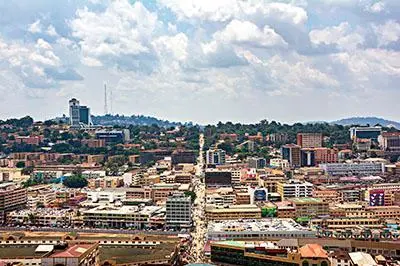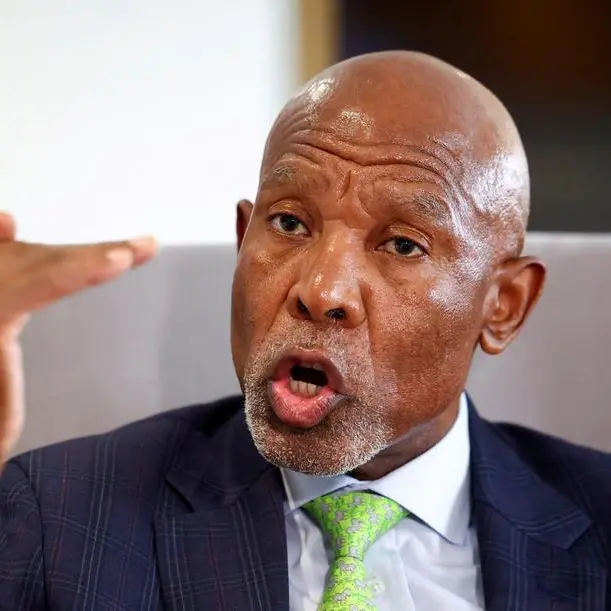PHOTO
Players in Africa’s energy sector are asking private investors and development finance institutions to tailor their financing solutions to the continent's needs to help in the provision of affordable electricity to low-income households.
Speaking at the 25th edition of the Africa Energy Forum, Uganda’s Minister for Energy and Mineral Development Ruth Nankabirwa pushed for loans with a repayment holiday of up to 30 years."With the pressure to repay the loans within a short period of time reduced, energy producers will be able to supply power to the end user at an affordable rate, ensuring more Africans are connected to the power grid," she said.
Read: Is it time for energy transition in Africa? That’s the question“When the cost of capital or the pressure to pay back is high, then the power tariffs will also be high.
That is why in Kampala for instance, even though we have constructed transmission and distribution lines to connect almost every household to electricity, you will still see trucks ferrying charcoal to the city because that is what people can afford to use,” noted Ms Nankabirwa.
She said that though Africa is home to abundant natural resources, funding barriers have for a long time affected the production and transmission of electricity in the continent, with more than 600 million Africans not having access to clean energy.
Compared with other parts of the continent such as Central Africa, the situation is not as dire in East and Southern Africa. However, challenges of reliability and regular power shortages continue to persist, with electricity prices remaining high.
Cross-border infrastructureThis situation is due to several reasons including a heavy reliance on oil-based electricity generation and the lack of tailored financial products for the production of clean energy.
Eddy Njoroge, the former chief executive of the Kenya Electricity Generating Company, says the energy crisis Africa is facing can also be resolved if states collaborate on crossborder infrastructure projects such as regional power grids and interconnection to facilitate energy trade, bring down the cost of power, and foster regional integration.“Unlike more advanced parts of the globe where it is common for neighbouring countries to share power grids, inter-connectivity of power grids in Africa is still very low. It is time for us as Africans to support one another,” noted Njoroge.
Read: Insight into Africa’s share in heavy burden of climate changeMeanwhile Andrew Herscowitz, US International Development Finance Corporation chief executive, wants African governments to create environments that will attract investors.
The issues that discourage them venturing into the market include, laws, burdensome licensing, high taxation and lack of liquid financial markets and low off-taker creditworthiness.“There is no shortage of climate financing. Investors are constantly on the lookout for bankable projects, but have governments created the structures to attract investors?” posed Mr Herscowitz.
Daniel-Alexander Schroth, the Acting Director for Renewable Energy and Energy Efficiency at the African Development Bank, said there is an urgent need to address the high levels of poverty in Africa, to enable the continent to harness and consume sustainable green energy solutions.
Africa holds 60 percent of the global solar potential, with a solar generation capacity of almost 8,000GW. Unfortunately, only a fraction of this potential has been harnessed to date, due to cost related issues.“Harnessing green energy is expensive, and that naturally brings up the cost of electricity. Solar panels for instance are more expensive than charcoal, and therefore though it is more sustainable, many African households cannot afford to use solar energy,” noted Schroth. © Copyright 2022 Nation Media Group. All Rights Reserved. Provided by SyndiGate Media Inc. (Syndigate.info).





















